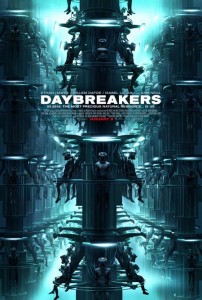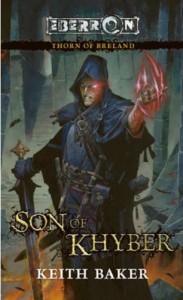Adventurers are used to being approached by local townsfolk and asked to help resolve problems. After all, the PCs have skills and abilities far superior to those of average citizens. When unusual events occur, the locals are often grateful for the assistance of experts like the PCs. Typical request include asking the PCs to kill a monster that has wandered too close to the village or rescue the magistrate’s daughter who’s been kidnapped by goblins.
But every once and a while a situation arises where the solution isn’t as simple as swinging a blade or casting a spell. Sometimes the PCs need to be detectives. Their considerable experience allows them to size up a situation differently then regular folk. The PCs are more likely to notice a clue or detail that the locals missed or took for granted.

